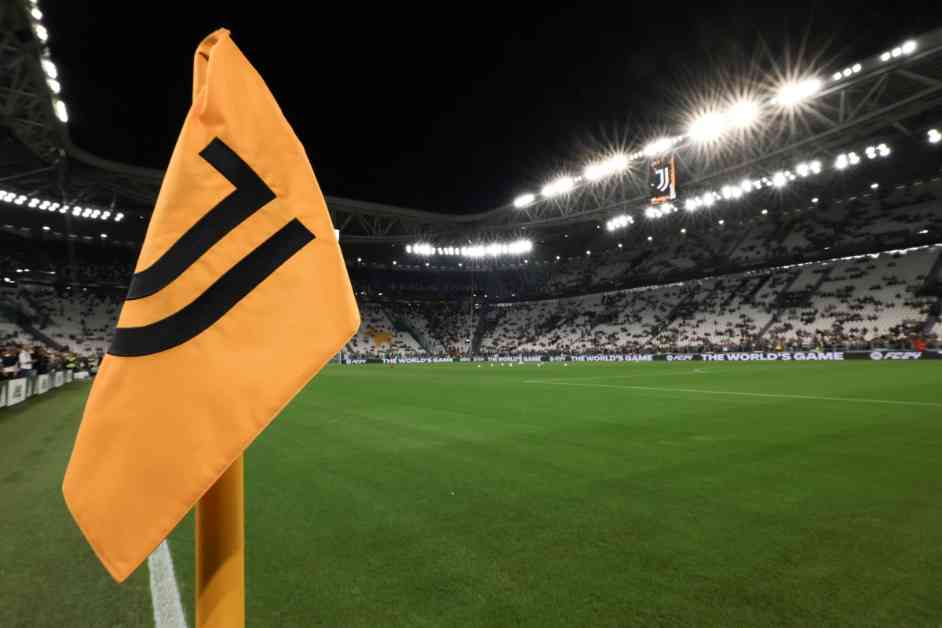Juventus, one of the most prominent Italian football clubs, has always been a key player in the transfer market. Their strategies for acquiring and releasing players have a direct impact on the team’s performance and long-term goals. In 2024, Juventus’ approach to the transfer market focuses on youth and longevity.
The club recognizes the importance of building a sustainable squad capable of competing at the highest levels for years to come. They have been targeting promising young talents under the age of 23 from across Europe and the world. By focusing on young players, Juventus aims to create a core group that can grow and succeed together.
Utilizing various digital platforms for data analysis in their recruitment strategy, Juventus can identify hidden talent efficiently. These underrated players may not be well-known or expensive, but they have the potential to strengthen the team significantly. This approach appeals to fans who appreciate the long-term commitment to player development and enjoy watching young stars flourish on the field.
To access the latest matches where these young players showcase their skills online, fans facing geographical restrictions can use a VPN for PC. This tool masks your IP address, enabling you to watch online content without limitations and reducing buffering for a smoother viewing experience.
In addition to scouting for young prospects, Juventus also focuses on integrating them into the first team. This allows young players to develop under the guidance of experienced veterans, ensuring a smooth transition as older players phase out of the team. The balance between experience and youthful strength is crucial for the team’s success.
Economic factors have also influenced Juventus’ transfer decisions in recent years. Global events like economic downturns and the COVID-19 pandemic have tightened budgets and changed spending behaviors in football. To remain sustainable, Juventus has shifted towards a more cautious approach to team building, focusing on their second team – NextGen.
Players like Radu Dragusin, Matias Soulé, and Dean Huijsen have been sold, while others like Nicolò Fagioli, Kenan Yildiz, and Fabio Miretti have been integrated into the first team. Instead of making big-money signings, Juventus now prefer signing players on loan with options to buy. This allows the club to evaluate a player’s fit with the team before making significant financial commitments.
In conclusion, Juventus’ transfer market strategy for 2024 reflects a blend of economic prudence and forward-thinking team building. As the club navigates the complexities of the modern football world, their strategic decisions in the transfer market will play a crucial role in shaping the team’s future. Fans and analysts will be eagerly watching to see how these moves translate into results in both domestic and European competitions.

